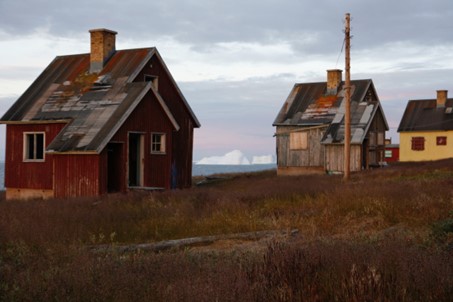A Greenhouse Research Talk by Peder Roberts, Associate Professor in Modern History, University of Stavanger

This paper uses a specific case study – mining in Greenland – to explore the often surprising history of Arctic transitions. Greenlanders became coal miners in the service of a local energy supply system during the middle of the twentieth century, and a dual identity as Indigenous peoples subject to colonialism and working people subject to global capitalism emerged in the town of Qullissat. The forced closure of the town and the mine, and Danish attempts to restructure Greenlandic society along lines they deemed rational and desirable, were vigorously contested and helped bring about Home Rule in 1979. I conclude with reflections on how this episode challenges simplistic notions that Arctic communities and their homelands will embrace green transitions to give others the resources they claim to “need.”
Peder Roberts (he/him) has published widely on the history of science, the environment, and resource management in both the Arctic and the Antarctic. His most recent edited volume (with Alejandra Mancilla) is Colonialism and Antarctica: Attitudes, Logics, and Practices, out with Manchester University Press.